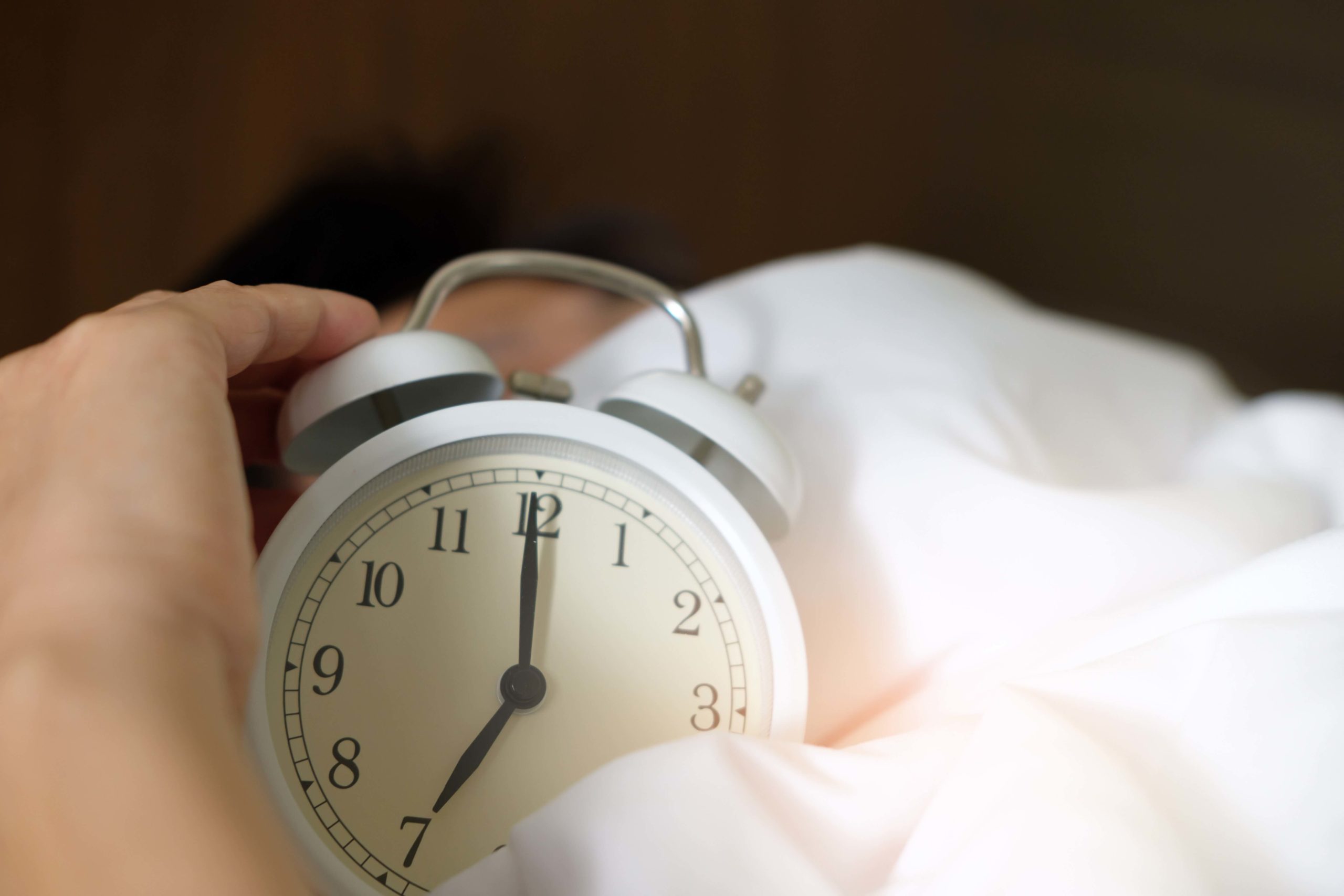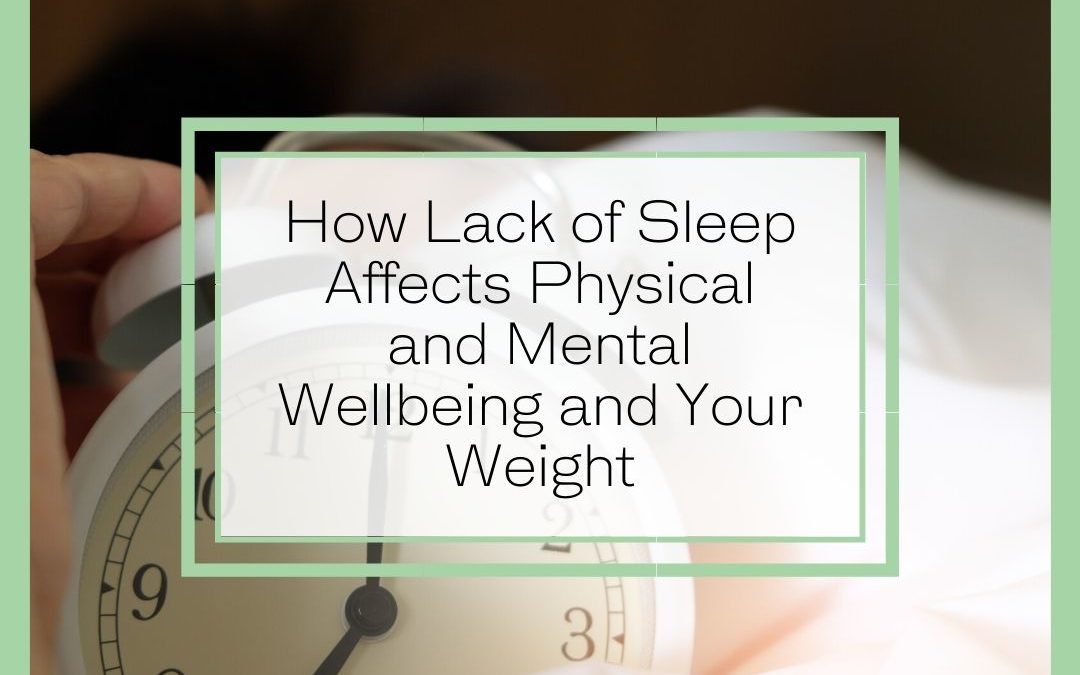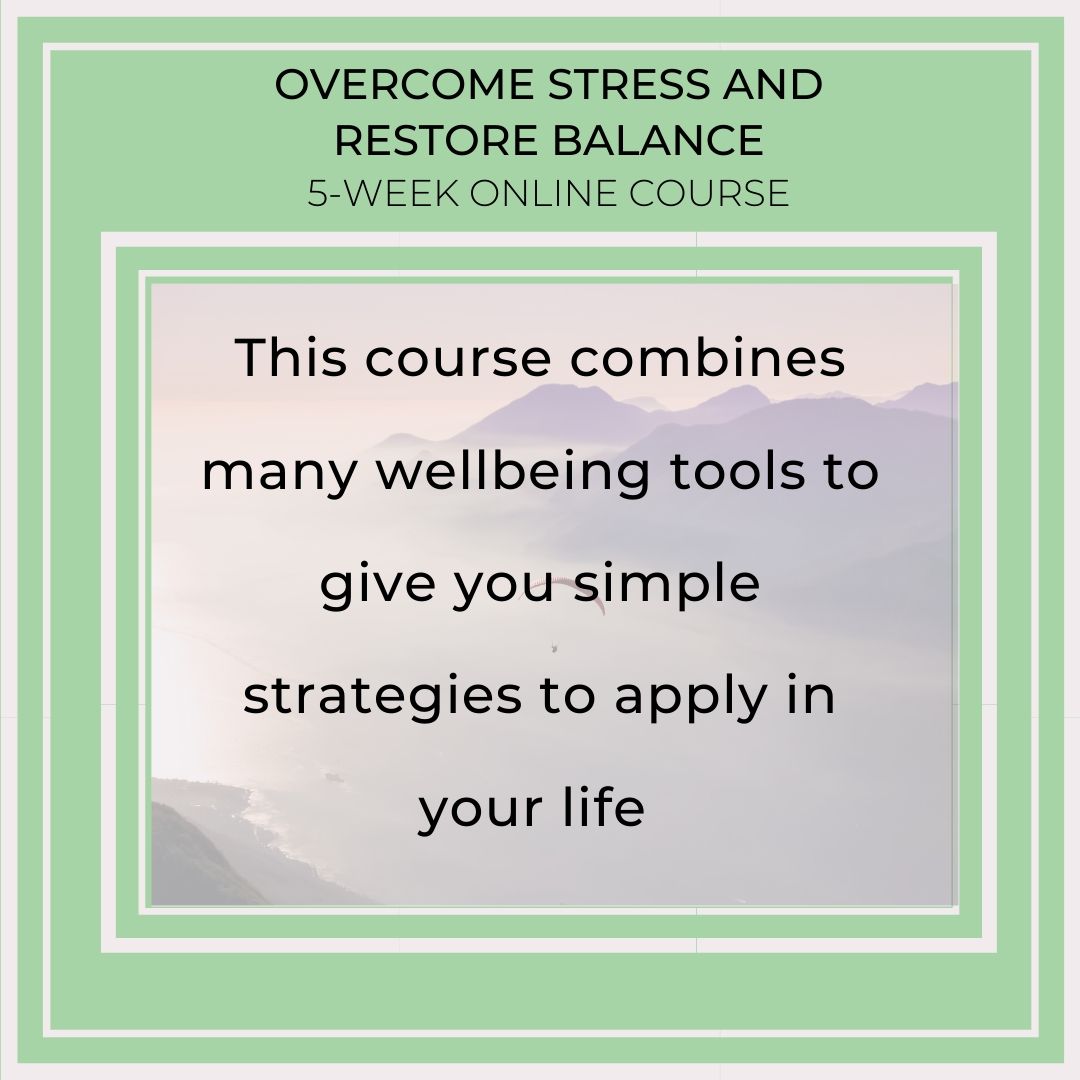Why Sleep Is Important
Sleep enables our bodies to recover both mentally and physically. The deeper sleep cycle is the period of deep sleep that you need to feel refreshed in the morning.
Several important functions are carried out in your body during a good night’s sleep. As your blood pressure drops and muscles are relaxed, the blood flow to muscles is increased allowing for tissue regrowth and repair. Chemicals involved in supporting the immune system are also circulated.
There are two basic types of sleep: rapid eye movement (REM) sleep and non-REM sleep. During REM sleep, your brain function is similar to during the day. In this stage, your brain helps filter out information you need, thus playing an important role in memory and mental health.
During sleep your hormone levels also change. In particular, cortisol – the main stress hormone – is lowered, making sleep an important factor in coping with and reducing times of increased stressfulness.
Insufficient sleep can increase the risk of poor cell function, impaired muscle function, insulin resistance and type 2 diabetes, depression and mental health, heart disease, high blood pressure.
Getting enough sleep is vital to ensure optimal good health and performance; assist the body’s immune function; and facilitate learning and memory functions.
How Sleep Affects Weight
Research has shown that people who don’t get enough sleep develop an imbalance of two particular hormones – ghrelin and leptin. Ghrelin, known as the hunger hormone, stimulates your appetite, i.e. makes you WANT to eat. Leptin is a hormone that lets you know when you are full.
After just 2 nights of not getting enough sleep, these hormones are affected The Ghrelin hormone increases and the leptin decreases. So, not only are you a lot more hungry, but you also eat more before realising that you have had enough to eat.
Both of these hormones influence not only your hunger levels, but also the types of food you are more likely to eat. People who don’t get enough sleep are far more likely to increase their intake of high sugar, high fat foods. After only only 2 nights of getting less than 6 hours sleep, results in an increased appetite for calorie dense foods, especially those with a high carbohydrate content, for example chips, chocolate, cakes. And because it takes you longer to realise that you are full, it is really easy to over-indulge.
In addition to the hunger hormones changing, your body doesn’t use sugars you eat as well, called glucose intolerance.. So rather than your body using the consumed sugar for energy, the body becomes slightly resistant to it. When this happens, the sugars get converted and stored as fat. This is the process that happens with diabetes too. This stored fat happens predominantly around your abdomen. Interestingly enough, studies have shown that this starts occurring after only 6 nights of not getting enough sleep.
How Sleep Affects Mood And Health
Our internal “body clock” regulates many functions in our body including sleep, hormones, body temperature, and physical and mental performance.
Your body uses both internal and external mechanisms as stimuli. These include things such as your social interactions, the time you eat, and light vs dark which help reinforce the circadian rhythm. When these natural patterns are out of balance, for example after a long flight, working a night shift, studying/staying up too late, or eating in the middle of the night, the circadian rhythm goes out of balance. In other words, your body can’t make sense of it being night if you are up and about, so the circadian rhythm is affected. This affects your cortisol levels, which is one of the main stress hormones. It is natural to have spikes in cortisol, but it is unhelpful when you have consistently high cortisol levels, as these stress chemicals cause cell damage, which impacts your physical and mental health. Not getting enough sleep makes you feel sleepy, irritable, affects your coordination, makes it harder to concentrate, affects your decisions making abilities. All of these affect your mood and your health. As mentioned earlier, while you are sleeping, your body uses this time for cell repair and growth. Memory consolidation also occurs during sleep, as your brain “sorts out” what information is important and not.If you can’t remember things, then that can make your day a lot harder to deal with and can in itself, be a stress.
How Much Sleep Do I Need?

According to a consensus statement from the American Academy of Sleep Medicine and Sleep Research, adults need more than 7 hours sleep per night to promote optimal health.
Each individual is unique though. To gauge whether you are getting enough sleep, you may be guided by taking note of the following:
- How tired are you the next day?
- What is your mood like?
- Are you making lots of errors, having trouble concentrating or having accidents?
- Are you performing at your best?
- What is your health like?
Of course, there are other factors that also influence how you feel – sleep is just one of them.
I have put together a handy guide with tips to help support your sleep. Click here to download it.
References:
- Manoogian, E.N.C & Panda, S (2017). Circadian rhythms, time-restricted feeding, and healthy ageing. Ageing Research Reviews. 39: 59 – 67
- Chung, S et al. (2001). Circadian rhythm of adrenal glucocorticoid: It’s regulation and clinical implications. Molecular Basis of Disease. 1812 (5). 581 – 591
- Spiegel K et al, Internal Medicine. 141: 846 – 850, 2004.
- Spiegel K et al. (1999) Lancet 354: 1435 – 1439,
- Heath et al (2012) , Acc Annual Prev 45: 62 – 67



